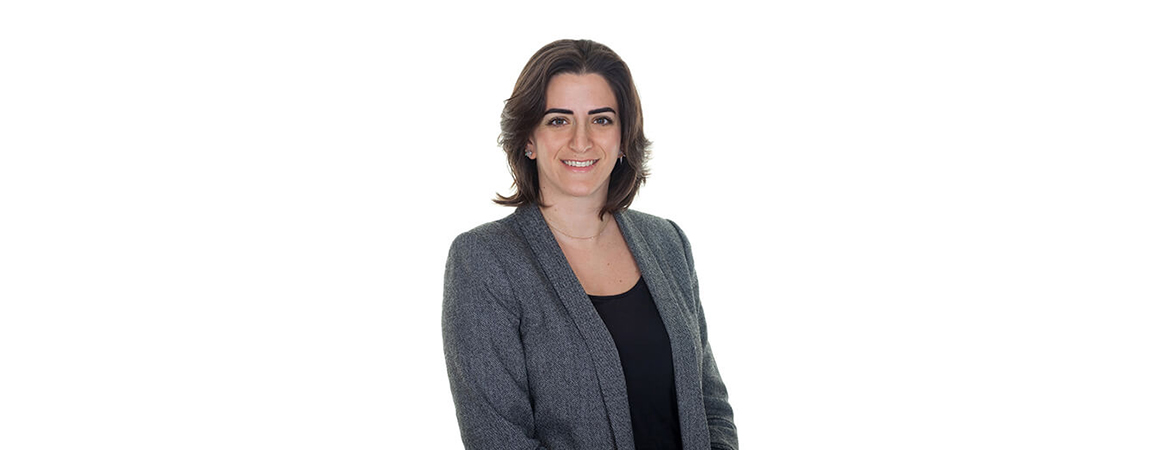Despite the year bringing setbacks because of the pandemic, the UAE continued to pave the way through a strategic overhaul of measures to promote business readiness and changes to social and personal legislation to promote citizens and residents’ welfare. This was supported by the continued commitment to social development, including welfare, health and education, as outlined in the 2021 federal budget (AED 58.3 billion), according to JLL’s 2020 Year in Review report released today.
Although there was a slowdown in performance at the beginning of the year in the UAE, the second half saw a revival of activity as lockdown measures eased and pent-up demand filtered through the residential market in both Abu Dhabi and Dubai.
Fast-tracked by the pandemic, and likely to shape the real estate recovery in 2021, sustainability and tech adoption are two critical themes that will help drive the industry forward this year says JLL.
“While uncertainty will persist in the New Year and the recovery will vary across sectors and industries, accelerating digital capabilities and focusing on sustainable performance can redefine business success,” said Dana Salbak, Head of Research MENA at JLL.
“While we are yet to claim we are out of the woods confidently, the UAE has once again proven its resilience, growth, competitiveness and liveability,” said Salbak.
During 2020, Dubai’s office market saw a total of 194,000m2 of office GLA delivered, primarily in the DIFC and Downtown Dubai, increasing the total stock to 8.9 million m2. Meanwhile, in Abu Dhabi, 40,600 sq m of office stock was added, bringing the total supply to 3.8 million m2.
Both office markets remain tenant-friendly as landlords continue to offer incentives and attractive lease terms. In some instances, tenants have expressed interest in relocating to quality space, particularly in Dubai, resulting in greater polarization across the market.
After various lockdown measures put construction activity on hold in the first half of the year, H2 2020 saw a rapid recovery in residential project handovers, with 39,000 and 4,000 units added to the market over the period in Dubai and Abu Dhabi, respectively.
With lockdown measures now eased across the country, pent-up demand has – and is expected – to drive sales further across retail centres.
In Dubai, 761,000m2 is expected to handover in 2021, the majority of which are super-regional developments that have been previously delayed. Similarly, in Abu Dhabi, super-regional malls also form a majority of the 293,000m2 expected to be delivered this year.
Meanwhile, opportunities for the hotel market to recover from the pandemic include the introduction of co-working spaces, particularly in the small-to-mid scale hotels. As large corporate occupiers increase their demand for co-working spaces, hotels have the opportunity to redesign underutilized spaces, including the conversion of meeting and event space.
For further information on the UAE’s commercial, residential, retail and hotel sectors, please see the report attached.
